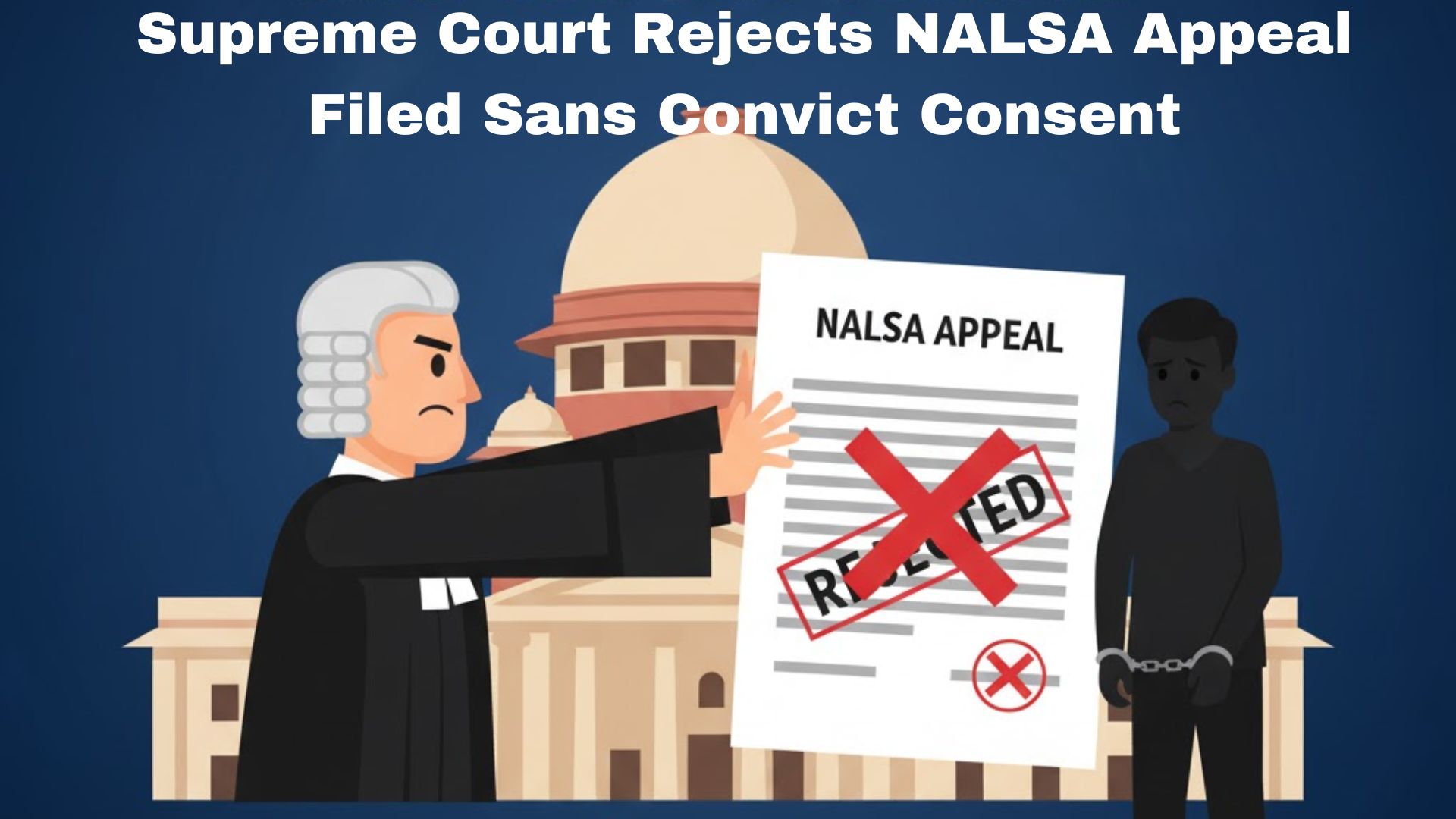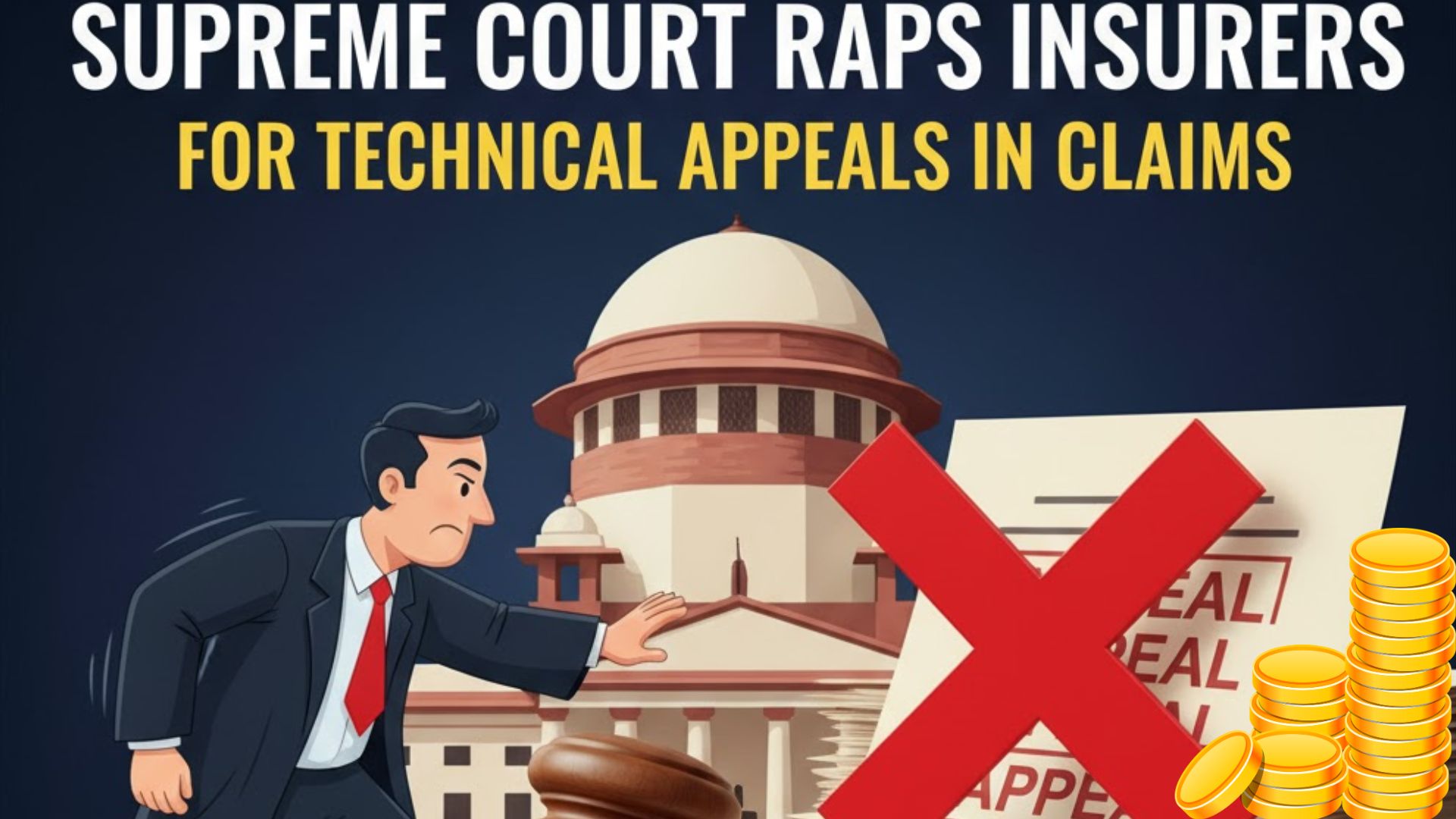Hon''ble Pankaj Mithal, J.@mdashHeard Shri O.P. Lohia learned counsel for the petitioners.
No one has put in any appearance on behalf of the respondents despite service of notice upon them was deemed to be sufficient by an earlier
order of the Court.Petitioner No. 1 is an unregistered firm and Petitioner No. 2 claims to be its proprietor.
Petitioners have filed this petition u/s 11 of the Arbitration and Conciliation Act, 1966 (hereinafter referred to as the Act) for the appointment of an
arbitrator.
Petitioners claim that the firm was appointed as a super stockiest of the respondents but respondents started marketing their products through
another concern of Lucknow which has resulted in heavy losses to the petitioners. The claim for settlement of losses so suffered by the petitioners
is referable to arbitrator.
2. I have perused the pleadings of the petitioners. The petitioners have not mentioned the date on which the firm was appointed as the super
stockiest. However, from Annexure-2 to the writ petition which is a letter dated 6.11.2007 issued by the Authorised Signatory of the respondents,
it appears that the petitioner firm was empanelled as the new super stockiest for the Eastern U.P. It is, however, not clear from the pleadings as to
how long the said empanelment/appointment of the petitioner firm continued; whether it was revoked and if revoked, the duration for which it
remained in operation.
3. The petitioners in the entire petition have nowhere pleaded a single word that in pursuance to the empanelment/appointment of the petitioner firm
as stockiest, any agreement was executed or arrived at between the parties containing an arbitration clause.
4. There is nothing on record to indicate that the dispute between the parties or the claims arising in respect of the appointment of the petitioner
firm as stockiest are referable to arbitration or that there was any arbitration agreement. No material has been brought on record in any form to
establish the existence of arbitration agreement. There is no document signed by the parties which may indicate the existence of an arbitration
agreement nor any such intention is reflected by the exchange of letters or any agreement or even by the statements of claim and defence made by
the parties.
5. The scheme for appointment for arbitrator by the Chief Justice of Allahabad, 1996 in Clause 2 provides that the request for appointment of an
arbitrator made to the Chief Justice shall be accompanied by the original arbitration agreement or duly certified copy thereof.
The petitioners have not filed any copy of the agreement alleged to have been entered into between parties.
Thus, I am of the opinion that there exists no arbitration agreement between the parties as contemplated by Section 7 of the Act.
6. In Jagdish Chander Vs. Ramesh Chander and Others, , their Lordships of the Supreme Court while considering the exercise of power u/s 11 of
the Act held that the same can only be exercised provided their exists an arbitration agreement between the parties as contemplated vide Section 7
of the Act. Thus, the existence of an arbitration agreement is a condition precedent for making an appointment of an arbitrator.
7. In view of the aforesaid facts and circumstances, it can safely be held that as their exist no arbitration agreement between the parties or any
agreement to refer the disputes or claims to arbitration, no arbitrator can be appointed to adjudicate the alleged dispute/claim.
8. Learned counsel for the petitioner has laid much emphasis upon the decision of the Supreme Court in Nimet Resources Inc. and Another Vs.
Essar Steels Ltd., and has argued that whether there exist an arbitration agreement or not should be left to be decided by the arbitrator. In the
aforesaid decision his Lordship of the Supreme Court has laid down that where there is doubt as to the existence of arbitration agreement, the
appropriate course is to leave the same for decision of the arbitrator u/s 16 of the Act.
9. The aforesaid authority would not be applicable where the arbitration agreement as contemplated by Section 7 of the Act does not exist at all.
Moreover, it does not absolutely oust the jurisdiction of the Chief Justice or his nominee in considering the existence of the arbitration agreement
while appointing an arbitrator in exercise of power u/s 11 of the Act.A Constitutional Bench of Seven Judges of the Supreme Court in S.B.P. and
Co. Vs. Patel Engineering Ltd. and Another, , observed that the fact that the arbitral tribunal has competence to rule on its own jurisdiction and to
define the counters of its jurisdiction, only means that when such issues arise before it, arbitral tribunal could possibly decide them. This happens
when the parties go to the arbitral tribunal without recourse to Section 8 or Section 11 of the Act, but where the dispute is referred u/s 11 of the
Act, the Chief Justice or his delegate has to decide whether there is an arbitration agreement as defined under the Act and whether the person who
has made request before him is a party to such an agreement and it is also open for him to decide whether the claim raised is a dead one and is a
long barred claim which is being sought to be resurrected. Thus, before referring a dispute to arbitral tribunal or appointing an arbitrator it is
obligatory to ensure the existence of the arbitration agreement.
Since, in the instant case, I have already ruled that there is no arbitration agreement as contemplated u/s 7 of the Act, it is not a fit case for referring
the dispute to an arbitral tribunal.
The petition is devoid of merits and is dismissed.

